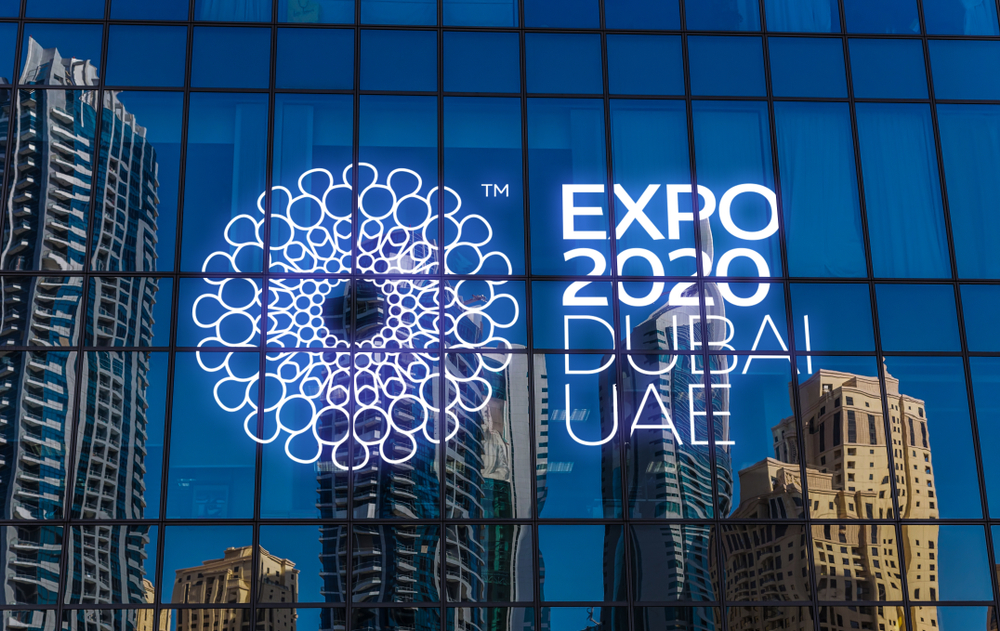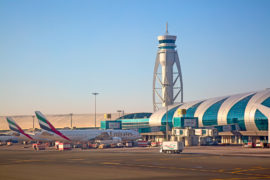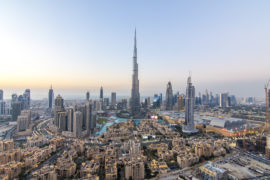Japan will host one of the largest pavilions at Expo 2020 Dubai while highlighting best practices in regard to sustainability, according to the Consul-General of Japan in Dubai and the Northern Emirates, Dr Akima Umezawa.
‘Future’ is the keyword for the Japanese pavilion, with the core being advanced technology, the environment and Japan’s traditional hospitality, Umezawa says.
Umezawa says that visitors can expect to get the opportunity of tasting traditional delicacies at the pavilion, with sushi also being offered by a separate pavilion that will be positioned in front of the primary one.
The pavilion is planning to strengthen the voice of Japan within the international community while helping with the development and promotion of its industry, adding to the Expo’s legacy and increasing inbound tourism.
The pavilion also wants to see the next generation empowered with more opportunities to have their full potential actually realised.
Umezawa says that Japan and the United Arab Emirates have always enjoyed a very pleasant and fruitful relationship, and that the UAE is a crucial nation in regard to energy supply.
Oil is the lifeline of Japan and the economy of the nation could not survive without the support of the UAE, he admitted.
It is nearly 50 years since the UAE and Japan first established diplomatic relations.
The two nations now share very strong bilateral relations from culture, education and tourism to investment and trade.
While the UAE exports the likes of natural gas and crude oil to Japan, it also imports items such as electronics and automobiles.
The relationship is diversifying and expanding in regard to economy, education and culture, according to Umezawa.
He also pointed out that the two nations have been increasingly cooperating with each other within the space sector.
In 2018, KhalifaSat, the first satellite made in the UAE, was launched from Japan’s Tanegashima Space Centre.
In 2019, when Hazza Al Mansoori, the first UAE astronaut, boarded the International Space Station, he performed a number of experiments as part of a joint Japan Aerospace Exploration Agency and Mohammed bin Rashid Space Centre project.
Japan’s recent decision to provide Emiratis with visa-free entry to the country was another step in the cementing of that strong relationship.
The waiver is an extremely effective way of boosting economic relations and human interactions, with the number of UAE tourists heading to Japan and vice versa increasing rapidly over the course of the last three years, Umezawa notes.
With the October Expo in the UAE and Japan set to host this year’s Summer Olympics, the immigration process can only be boosted by the visa waiver.
The UAE is currently called home by around 4,000 Japanese people, 3,000 of whom live in Dubai, with the majority being either businessmen or teachers, according to Umezawa.
Anyone who is planning to leave the UAE to visit Japan, or vice versa, should take out travel insurance as a part of their travel plans.
Travel insurance ensures that unexpected occurrences such as cancelled flights and falling ill while overseas will not cause undue financial distress.




